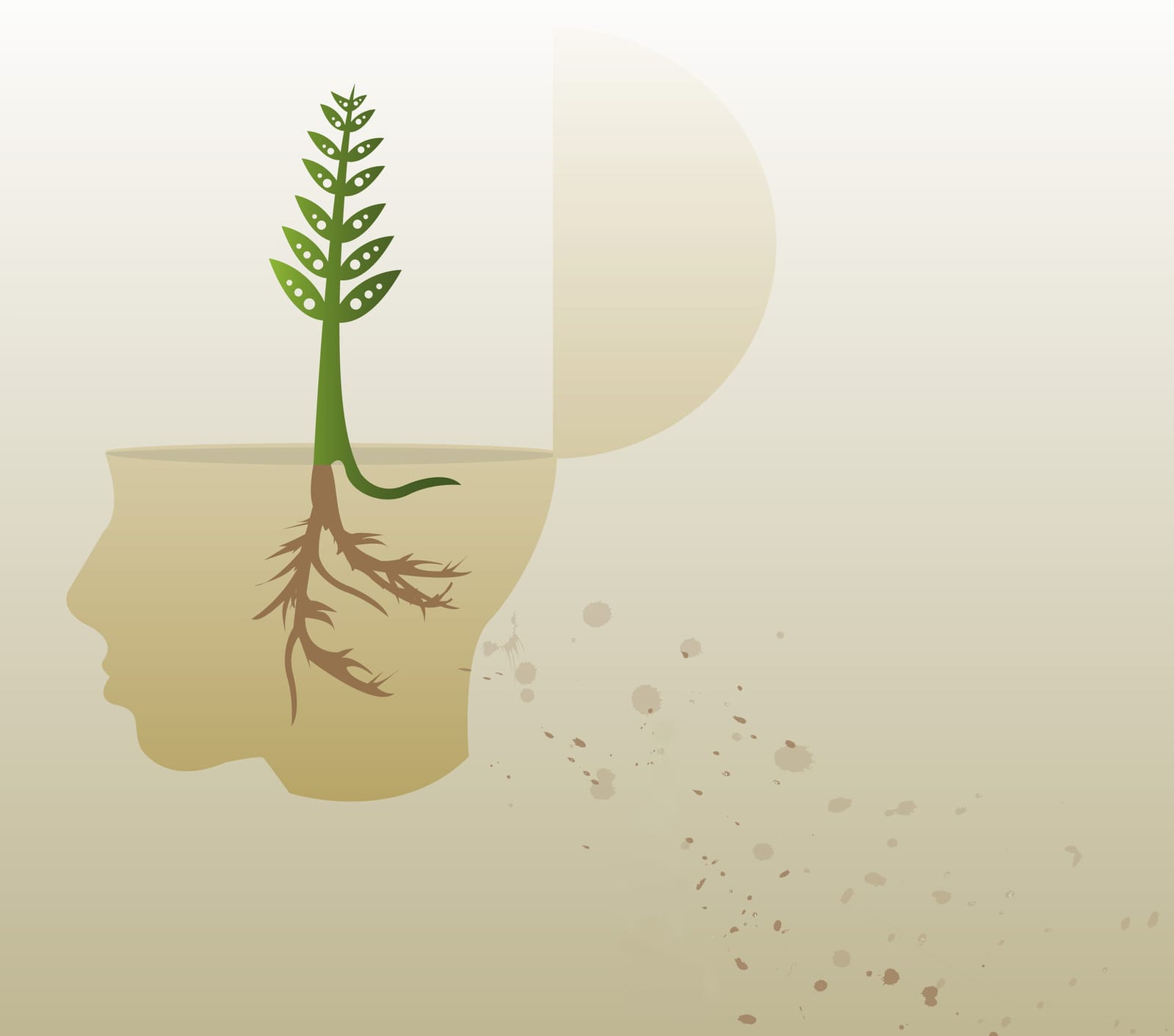Loneliness and isolation have affected everyone at one point or another during the ongoing COVID-19 pandemic. As our normal social gatherings were suddenly experienced through cameras and screens, there was a keen feeling of disconnection in our, ironically, hyperconnected world. While a lack of social connection during the pandemic was and still is felt by most age groups, older adults in long-term care homes have been disproportionately hit by this blow. Already separated from many of their friends and relatives, social distancing exacerbated feelings of loneliness and social isolation in many people in long-term care. In response to this need, U of T’s Professor of Psychology and Human Biology, Dr. Franco Taverna, and his students sought to restore a sense of community among elderly residents.
In 2008, Professor Taverna created the course Human Biology 440 (HMB440), starkly titled Dementia, which explores the neurobiology, psychology, and social changes associated with aging and aging with this neurodegenerative condition. Over the past 14 years, the course has utilized an experiential learning model, where students take their learning out of the classroom and into the real world to engage with elderly people in long-term care homes, some of whom have dementia. According to one of his students, Rowaida Hussein, after learning about many of the pitfalls in the Canadian long-term care system, HMB440 students “had the opportunity to visit care centers in Amsterdam on an experiential learning trip and saw first-hand how much better the Dutch model was compared to our own.”
A “friendly visit”, as Taverna calls it, is a mandatory part of the course, where students are matched with long-term care homes across the General Toronto Area and spend time with the residents there, some of whom have dementia, offering social connection and companionship to their residents. When COVID made these visits no longer possible, both Professor Taverna and his HMB440 students saw the need to pivot to mitigate the isolating effects of the pandemic.
Banding together in 2020, HMB440 students founded the volunteer organization the SAGE project once they saw how “isolated seniors were and how overworked [long-term care] staff [were]” says SAGE co-founder Rowaida Hussein. SAGE, which stands for the Student Association for Geriatric Empowerment, was, in the words of Hussein, an example of “experiential learning done right.” The students were able to apply what they had learned in the classroom to their endeavours with SAGE, and one of their largest projects — Companion Calls — speaks to this ability. Aiming to reconnect with some of the seniors they were visiting before the pandemic, the students started the Companion Calls project – a weekly, volunteer-facilitated, video or phone call intended to connect volunteers and seniors. Hussein highlights that a key emphasis in their HMB440 lectures was the protective effects of “creative, intellectual, and social experiences” against dementia, so the group kept that in mind when developing their Companion Calls project, encouraging volunteers to “engage in joint activities with the senior they were paired up with, such as playing chess, doing art projects, or solving crosswords.” Also recognizing the toll the pandemic had on front-line workers, SAGE started the Community Care Project, partnering with local businesses and restaurants for donations to “energize and support front-line workers.”
Inspired by the work of his HMB440 students, in April of 2021, Professor Taverna started the organization Companion Link. Aiming to operationalize the community needs SAGE identified, CompanionLink works with SAGE to “scale up” many of their projects, says Taverna, allowing their work in the community to operate on a larger scale. One such project they collaborate on is Companion Calls. Practically, CompanionLink takes on much of the logistical aspects of this project, facilitating processes such as the volunteer onboarding process, screening and matching potential volunteers to seniors, and training volunteers through online learning modules. According to Taverna, these modules include learning skills such as aging literacy – a module learning about the realities and myths of aging – and learning practical ways to nurture an intergenerational friendship among other relevant skills.
As of now, it’s safe to say that Companion Link and SAGE’s collaboration is proving beneficial. Starting out with about 50 new matches in January of 2022, around half of them are still going, well beyond the initial expectation of a six month commitment for volunteers, attesting to the genuine connections made between volunteers and seniors through Companion Calls.
Hussein describes many of these genuine connections made through Companion Calls, remembering how one volunteer was able to connect with her match through their shared passion for jazz music and another volunteer brought an older gentleman flowers just to brighten his day after weeks of weekly chatting. To her, moments like these showed her that both “volunteers and seniors benefited from our work… motivat[ing] us to further expand the program.”
Both SAGE and CompanionLink aim to address the existing issues of social isolation and loneliness in the long-term care system and the strides they have made so far speak volumes to this mission. As for SAGE’s hopes for the future of long-term care, Hussein hopes to move towards “building small, family-unit care homes rather than huge, institutionalized facilities… bringing the outside community into the home, through initiatives like our own.” With the help of motivated students, she hopes to establish multiple branches of SAGE across the province to provide local support to seniors throughout Ontario.
Now that the world seems to be reopening after the pandemic, it’s important to remember that even the smallest act of reaching out – in person or through a screen – can make a world of difference. Through a simple “How are you doing?”, we have the capacity to strengthen our communities and foster genuine and meaningful connections – and this powerful ability is just a simple conversation away.
To learn more about SAGE and Companion Link, see their websites:
By Daniela Atere























